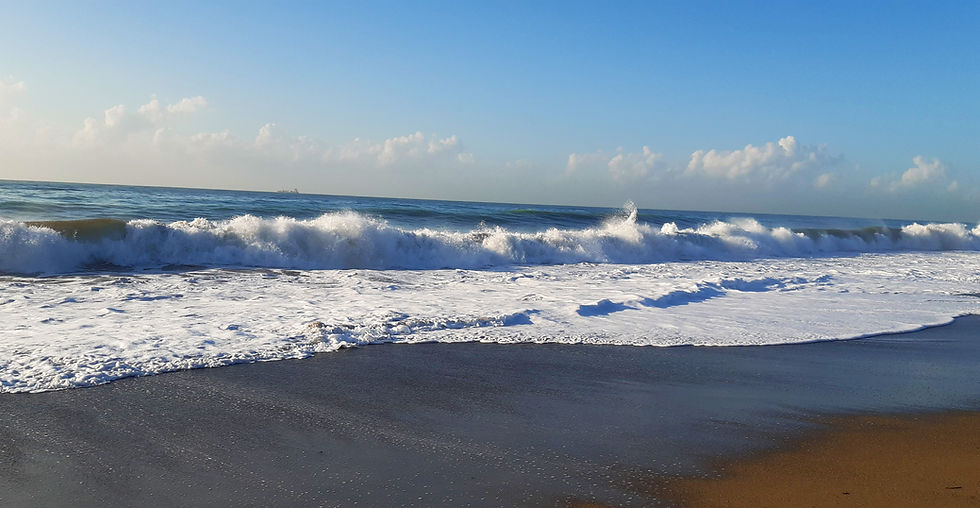Minefield
- Susie Csorsz Brown
- May 15, 2019
- 3 min read
How can you go wrong with Sesame Street together with Will.i.am? I love this song.
My kids and I were having a conversation the other day about school and friends. I was really happy to hear my eldest tell me that he liked a particular thing, and his friends didn’t but he felt that it was important to know what he liked and it didn’t matt

er if it wasn’t the same. I felt like doing a victory dance. A bit premature, granted, but with the lure of peer pressure looming more and more, every victory is one to celebrate. I am telling you – and as other parents of tween and teen kids will probably agree – as they have aged, it is getting harder and harder for my kids to know their OWN mind. What they know, what they think they want, what they hear is more likely to be what their friends think, say and want. They immerse themselves in their friends all day (you know that is what REALLY happens at school, right?), and every little thing their friends endorse is like a paid advertisement. It is so very hard for kids to not look at the cool (insert toy/device/clothing here), and not want one for their own.
Go to your kids and ask them: Who are you? What do you want? Ask your kids to write down who they are, and what they like. And ask them: why? Why do you like this or believe that or care about it? Why is this important to you? These questions and their answers offer an amazing look into their wants.
Their friends color a lot of what happens inside of their heads. The biggest influences on your kid’s sense of self are you and other family, their friends and peers, and their teachers. The best defense against negative peer pressure is a strong sense of self and a love of the person they see in the mirror. I’m not talking to the point of narcissism, but rather a healthy admiration for self that results in a healthy peace of mind and the ability to stand up for what they believe in. And, also important, the ability to say no to what they do not believe it. Study after study shows that negative peer pressure works most on those who do not have a strong sense of self and who suffer from low self-esteem.
You know what, friends? Another point that is so important for our kids to know is whatever their personality might be, it is okay to be that way. Who they are is wonderful, amazing, and worth knowing. Who they are does not have to change to meet the ‘norm’ or to suit someone else’s idea of what ‘ideal’ might be. Who they are IS good enough. Their quirks, their piques, their skill set – it’s all good. And it’s all loveable. This is where peer pressure can really hit hard. Those kids that don’t find themselves to be comparable or feel as though they are lacking in some way, they will be more susceptible to peer influence, especially if that peer is one they admire or want to emulate. Kids with a strong sense of self weather the minefield of teenage years and the potential angst that it can bring. This is especially true if they also feel they have a strong relationship with you; having a savvy, sound, patient non-judgemental and loving parent to come to is a BIG factor is how well a child deals with teenage angst and drama.
I will always be the best me I can be. And that’s good enough for me. But this is easy for me to say. As an adult, I have the years and experiences to have gained insight and confidence in myself. Kids, preteens and teenagers don’t have those things yet. They are still searching for what ME is, and what persona is comfortable. They are so much more vulnerable to outside influences unless we can help them to see that the ME they see IS the good enough, too, and it’s a good thing to be. Pressures abound, especially in tween and teen years. Helping them navigate the minefield that is peer pressure is challenging, but it starts with bolstering that sense of self and an appreciation of who they are and their place in their world.



Comments